Dr. Gabor Maté – A Masterclass Training For Healers
$299.00 Original price was: $299.00.$77.00Current price is: $77.00.
Dr. Gabor Maté’s A Masterclass Training for Healers is a comprehensive video series aimed at healthcare professionals, therapists, and anyone working with people in need of emotional healing. The course dives deep into Dr. Maté’s philosophy on the mind-body connection, trauma, and addiction, focusing on how early childhood experiences and trauma shape mental and physical health.
Dr. Gabor Maté – A Masterclass Training For Healers
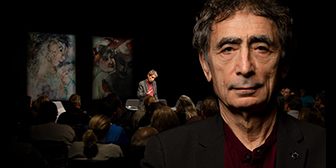
Masterclass Training for Healers by Dr. Gabor Maté
Introduction to the Course
Join Dr. Gabor Maté in this transformative Masterclass designed specifically for healing professionals and individuals looking to deepen their understanding and practice in therapeutic techniques. This comprehensive video training provides an in-depth exploration of Dr. Maté’s unified philosophy on the origins of disease and mental health challenges, focusing on addiction treatment and emotional healing.
What Is Dr. Gabor Maté – A Masterclass Training For Healers?
Dr. Gabor Maté’s A Masterclass Training for Healers is a comprehensive video series aimed at healthcare professionals, therapists, and anyone working with people in need of emotional healing. The course dives deep into Dr. Maté’s philosophy on the mind-body connection, trauma, and addiction, focusing on how early childhood experiences and trauma shape mental and physical health.
PROOF OF COURSE (14.84 GB)

Who Is The Dr. Gabor Maté – A Masterclass Training For Healers For?
This masterclass is ideal for professionals in the health sector as well as individuals aspiring to understand and apply healing practices more effectively. It offers valuable insights for those dealing with difficult clients and seeking to enhance their therapeutic skills.
What Will You Learn From A Masterclass Training For Healers?
- Core Philosophy: Understand the foundational theories behind the origin of diseases and mental health issues according to Dr. Maté’s approach.
- Techniques for Engagement: Learn diverse tools and techniques to foster deeper attunement and connection with clients.
- Handling Addiction: Gain specialized knowledge in treating addiction through compassionate and informed methods.
Dr. Gabor Maté – A Masterclass Training For Healers Curriculum:
Lecture one: The Power of Connection
Gabor weaves together the role of early childhood trauma, difficulties and stresses in the household, the wounds that parents carry and inadvertently pass on to their children, as well as societal and environmental stresses. Drawing on well-documented research in biochemistry, neurology, and physiology, Gabor ‘connects the dots’ in explaining how these factors influence us and contribute to asthma, heart disease, hypertension, diseases of the gut, cancers, addiction and more. He invites us to use curiosity to explore and understand ourselves and our clients, and through this new understanding, paints a path to begin making the fundamental societal change that can positively impact the next generation.
Lecture Two: Exploring The Mind-Body Connection
Gabor explores how the mind influences our physiology, and how our perceptions create our world, but before that, our world influences the creation of our perceptions. When we help our clients to rewrite early messages, not changing what happened, but understanding it as a necessary decision for survival, we can change our current perceptions and behaviors. This impacts physiology, psychology, relationships, and virtually all of our perceptions of the world. By learning how to use a combination of tools and techniques to educate and reach our clients, we enhance our capacity to reach them. At the most basic, fully accepting and embracing compassion for our clients with unconditional positive regard — which requires looking at our own self-judgments and wounds — opens up a new and much deeper capacity for healing with our clients.
Lecture Three: The Five Levels of Compassion
A Masterclass For Healers Training March 15, 2020 60 Minutes
Gabor describes the five levels of compassion, and the blocks within us as professionals that often keep us from reaching the deepest and most profound attunement with our clients, which, in turn, limits our ability to do our best work. By unpacking and exploring these blocks — which even the most experienced therapists and counselors, with decades of self-work can benefit from — we heal ourselves, and in so doing, find greater understanding and deeper regard for our clients and their stories and wounds.
Lecture Four: Compassion and Understanding Verses Judgements & The Disease Model
Gabor explores the common fears around self-disclosure and the balance between appropriate client-therapist boundaries, on the one hand, and the benefits of deeper empathic connection that can come from appropriate self-disclosure that enhances therapeutic attunement by deepening empathy.
Lecture Five: Stress & Trauma on the Developing Child
An exploration of our own wounds of codependency and how, even when we are self-aware, these behaviors can show up in our work enable us to explore and, with curiosity and self-compassion, understand where these behaviors might be hiding in our work, where they came from, and how we can bring greater awareness to them. Even most therapists with decades of self-exploration will gain new insights that can enable a deepened sense of connection with clients, with a clearer understanding of how our wounds get in the way of doing our best work. By understanding our own self-judgments and practicing self-compassion in letting them go, we free ourselves to do better work.
Lecture Six: Brain Science, Physiology, & the Role of Attachment From Birth to Adulthood
Gabor explores why he does not view addiction as a disease of the brain, and how compelling evidence points to traumas and other experiences early in life set the stage for survival strategies that impact the development of neural pathways that ultimately lead to not only risk of addiction, but many other psychological disorders and even physical diseases. By understanding what addictive behaviors do for us — finding the underlying pain, solving the pain in one way or another that we have experienced — and changing these patterns we developed, cultivating attunement not only in the therapeutic environment, but in a client’s daily life, we can re-pattern and change the function of the brain and replace the ineffective strategies and behaviors with more effective ones. A discussion of the neurotransmitter and brain pathways that are involved helps provide a clear biochemical basis for the origin of the problems and offers hope for long-term change.
Healing Trauma & Addiction Series
A New Look At Addiction
Healing Trauma & Addiction Series July 27, 2021 40 Minutes
In this episode, we look at addiction and its impact on us, both individually and as part of a family or group of loved ones. Dr. Gabor Maté’s approach to addiction requires thinking about ourselves and our experiences differently than we have in the past. Gabor introduces us to a new look at addiction and trauma.
Exploring Our Trauma
Gabor begins to explore trauma and how it affects us. By “us,” we mean not just the person struggling with addiction, but that person’s loved ones. And by “trauma,” Gabor is referring to particular traumas that happened to us early in life.
Understanding Generational Trauma
Gabor asks us to deeply examine how trauma is passed from one generation to the next. The experiences we have as children stay with us as adults. We heal, and we change our behaviors, only when we become aware of how our traumas have affected us.
Beyond Codependency & Victimhood
Gabor explains the concept of perception of self and others, and how our perceptions (and the things that formed them) influence how we experience the world.
Addiction: A Disease or a Developmental Condition?
Dr. Gabor Maté expands the discussion on how the desire to self-medicate discomfort drives addiction. We explore how early childhood experiences affect the development of impulse control and brain pathways that drive addictive behaviors. We then discuss how we break the cycle of addiction as it is passed down through families. But first we must fundamentally understand if addiction is a disease or a development disorder.
Ending The Cycle of Addiction
Dr. Maté dives deeper into addressing what’s needed to support the healing of the person struggling with addiction. We look at the family and loved ones in that person’s life, and their roles. We revisit family relationships and codependency, and learn athe practices that help heal the addicted brain. Gabor expands on learning longer-term steps to heal the harm that has come about (on all sides) as a result of the addiction and the underlying trauma that caused it.
The Cure to Addiction
In the final episode we bring together the most important elements to attain long-term recovery from addiction. Gabor demonstrates how to cultivate a support system that helps to rebuild our brain pathways, the importances of readiness for recovery, and a review of some of the most promising psychotherapeutic approaches and additional tools that help achieve and maintain recovery.
Brain Development & Addiction
Who Is Dr. Gabor Maté?
Dr. Gabor Maté is a Canadian physician renowned for his expertise in addiction, stress, and child development. Over his diverse career, he has focused on the intricate relationship between emotional stress and physical health, exploring how adverse childhood experiences can affect adult health. This perspective is presented in several of his influential books including In the Realm of Hungry Ghosts and When the Body Says No.
Dr. Maté has developed a psychotherapeutic approach known as Compassionate Inquiry, which is used to uncover the hidden impacts of trauma on current mental health and addiction issues. He’s well-regarded for his compassionate approach toward addiction, seeing it not just as a medical issue but as a complex interplay of personal history, emotional development, and societal pressures.
FREQUENTLY ASKED QUESTIONS (FAQs)
Healthcare professionals, therapists, counselors, and anyone interested in deepening their understanding of addiction and trauma recovery.
Dr. Maté integrates comprehensive medical research with holistic approaches to address the root causes of illness, emphasizing the critical role of psychological and emotional factors.
It offers new perspectives and techniques for more effective client engagement, improved therapeutic outcomes, and personal growth as a caregiver.
Conclusion
Dr. Gabor Maté’s Masterclass Training for Healers is an invaluable resource for anyone in the healing professions seeking to elevate their therapeutic skills, understand addiction in a new light, and achieve profound client connections through innovative healing practices. This course promises not only to transform your approach to therapy but also to enrich your personal insights and professional effectiveness in treating complex health issues.
BINGCOURSE – The Best Online Courses and Learning Website
✅ Our files are hosted on PCloud, Mega.Nz, and Google Drive.
✅ We provide a download link that includes the full courses as described. Do NOT include any access to Groups or Websites!
? More Courses: Health & Fitness
Q & A
Related products
Health & Fitness
Health & Fitness
Health & Fitness
Health & Fitness
Danielle Keyser – Putting the Fun in Functional! – Demonstrations of Evidence Based Therapy
Health & Fitness
Pat Ogden – PESI – Pat Ogden’s Complex Trauma Master Class: Sensorimotor Psychotherapy in Action
Health & Fitness
Health & Fitness
Health & Fitness
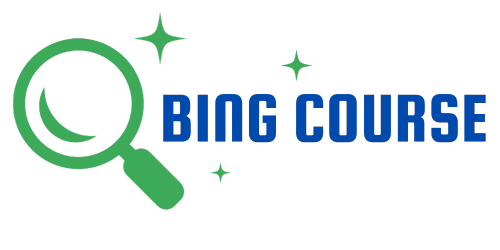
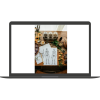

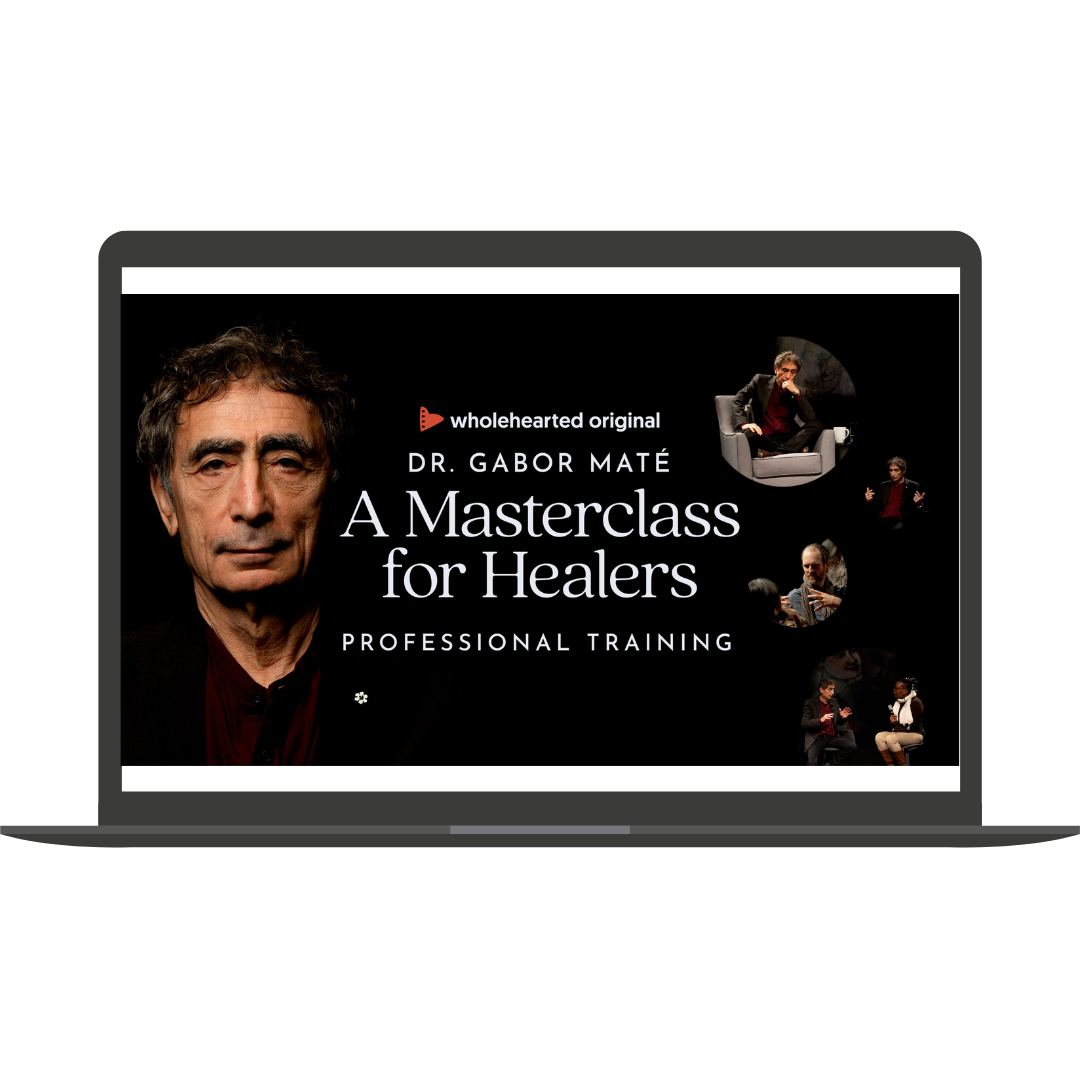
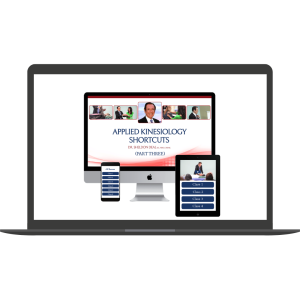
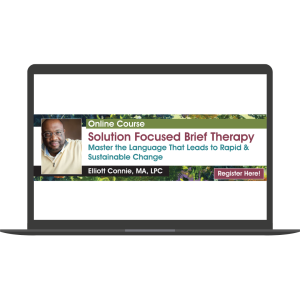
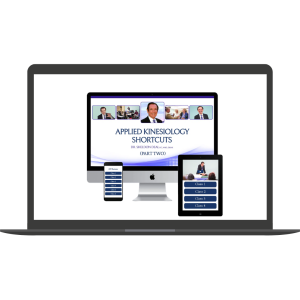
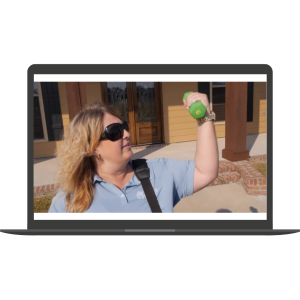
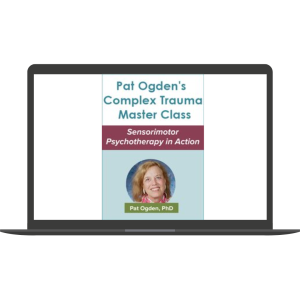
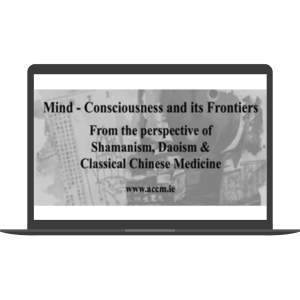
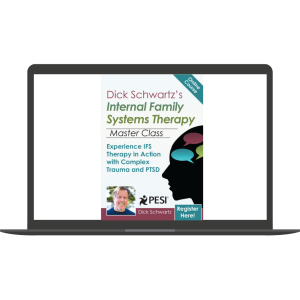
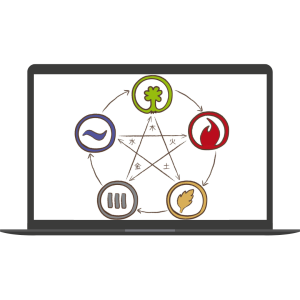
Reviews
There are no reviews yet